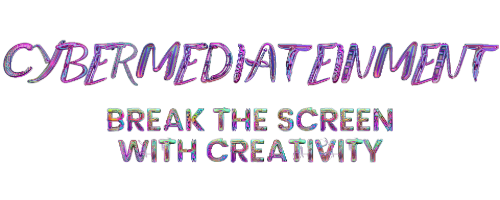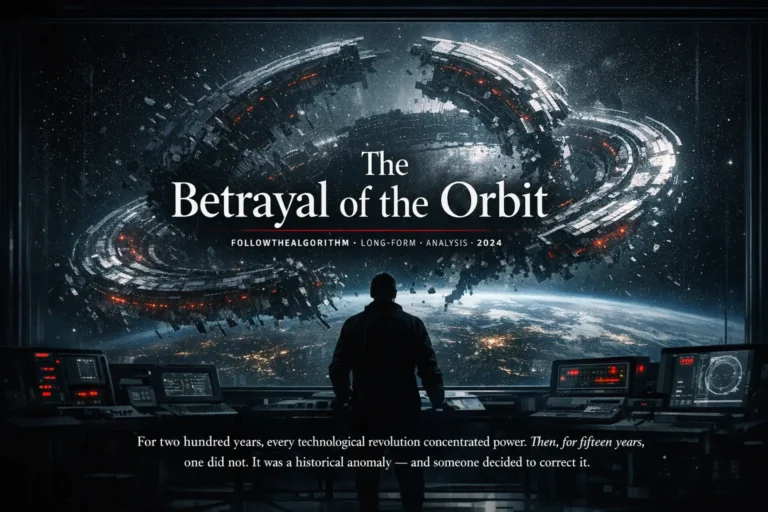outraged or programmeed?
Scroll. Like. Share. Outrage. But have you ever wondered whether the conscience you feel is truly yours — or handed to you, ready-made?
Follow The Algorithm cracked something I thought was solid. It talks about Palestine, yes — but not the geopolitical one; the one flooding our feeds: protests, carousels, drone shots with a melancholic piano. A Palestine turned into content. A symbol. A brand.
And as I scrolled, it hit me: it wasn’t the tragedy that shook me — it was the performance. And there I was, part of a global emotional choreography disguised as conscience.
“Do you really know why you care?”
“Is your anger a choice or a reflex?”
“Do you act out of awareness or out of algorithm?”
That’s when it lights up: the struggle is real — but the way we live it is compromised.
We live in a world where every emotion risks being UX-driven, optimized for engagement, tailored to reels and stories. Our political identities have become extensions of our online avatars. A temporary skin. A badge. A mood.
We’re assigned a role to perform indignation. But who wrote the script? How many of our stances are truly pondered, worked through, fought for? And how many are mere emotional shortcuts in a timeline?
This isn’t a critique of the Palestinian cause — that would be too easy. It’s a critique of the automated way we adopt causes. More aesthetic than ethical. Prêt-à-porter activism.

In a world addicted to immediacy, slowing down to doubt is already a revolution. To doubt yourself. Especially yourself.
Because if your mind is the battlefield, the algorithm has already launched the attack.
Here’s the link that cracked the mirror:
are you Pro-Palestine? but who Decided
I’m not saying “delete the post” or “don’t share anymore.”
I’m saying: slow down. Think. Ask yourself.
True outrage begins within — not with a click.







